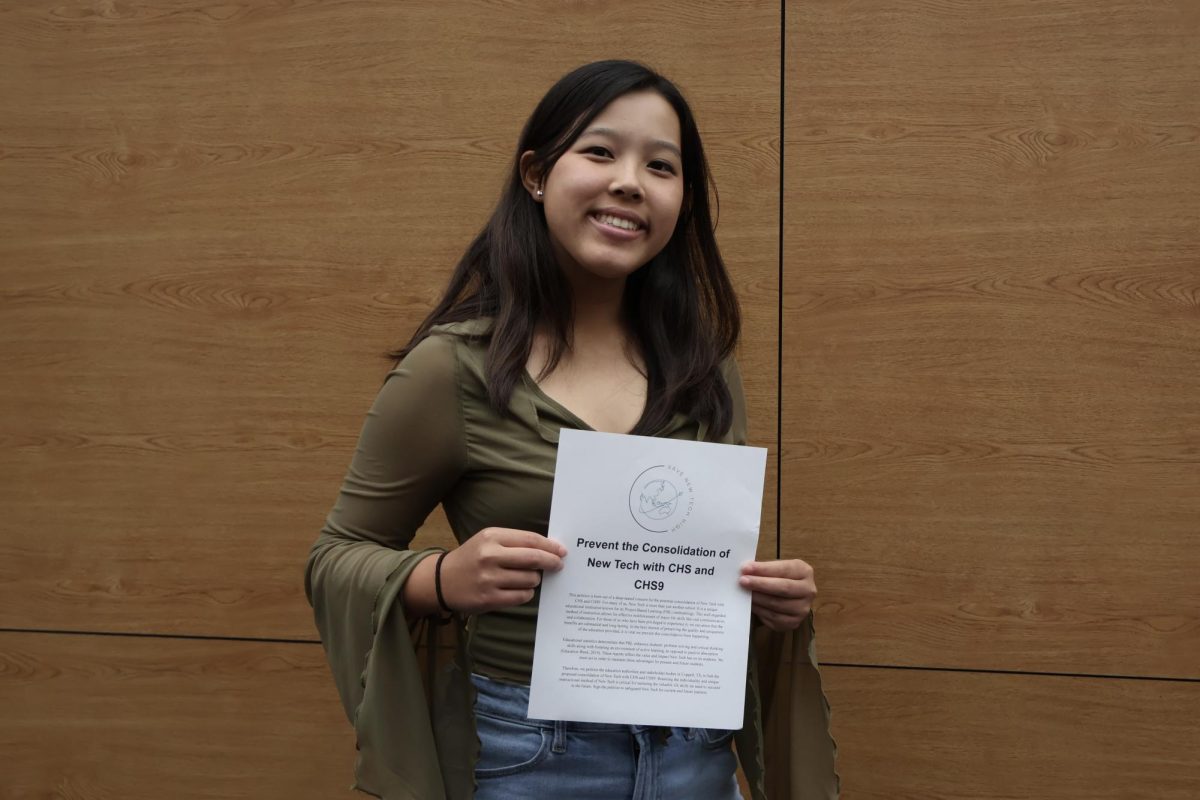Mike Pankonien
Staff Writer
Crimestoppers: stopping crime one tip at a time. Crimestoppers: snitches get stitches. These are the two slogans dominating the news surrounding the Coppell Crime Commission’s recent program, Crimestoppers. Whether you believe the program will help clamp down on crime in Coppell or think that the policy of paying off tipsters is unethical, it is certainly evident that the program has made waves in the community. Advocating the collection, use, and rewarding for tips on criminal activities, the Crimestoppers program has lead to at least nine arrests in the past six months. So how exactly does it work?
The Crimestoppers program is run under the jurisdiction of the Coppell Crime Commission inc., a non-profit organization that is operated by private citizens in Coppell. The program, which is certified as a Texas Crime Stoppers Program by the Texas Crime Stoppers Advisory Council, was started after local business owners became more interested in assisting police in solving crime. Although the program is backed by the city and works closely with the Coppell Police Department, it is only governed by the state bi-laws of the Texas Crime Stoppers Advisory Council.
So if I report a tip I’ll get a reward?
Not exactly: all rewards (up to $1000) are at the discretion of the Coppell Crime Commission’s Board of Directors. Once a tip leads an arrest, the tip will be brought up for review at one of the group’s bi weekly meetings. A point system is used to determine the amount of the reward, which is paid for using donations to group.
So how can I report a tip? How do I know it’s anonymous?
The Coppell Crime Commission uses high-tech software that allows the informants to provide information to the Crimestoppers that is then passed on to the police. All phone calls, emails, and text messages are automatically encrypted before being received or sent out from the crime stoppers call center in Houston, TX.
“When you text in a tip or call in a tip, the program the Crimestoppers use totally encrypts your number” school officer Craig Parrish said. “This way the person at the call center working with you doesn’t know your number at all. Eventually the informant is given a code through which to contact us and we’re given a code to contact you; this way I only know you as, for example, subject XKJS.”
Only once a tip leads to an arrest can it be eligible for an award. Even then a payout can only be authorized at a committee meeting.
“A tip can lead to an arrest but it’s likely an informant will have to wait for the reward,” Parrish said. “Once the reward has been decided by the Board of Directors and the payment authorized, the Crimestoppers send the informant a code with which they can redeem their reward.”
“The program was brought to the attention of the school at the beginning of the year,” Assistant Principal Sean Bagely said. “It’s a program that allows communities to report on crime in their area. It’s not just focused on drugs; it deals with robbery, theft, vandalism, all crimes.”








